Introduction
As we approach the much-anticipated holiday break, many of us in the education community are feeling a mix of excitement and dread. For me, just this month alone, my three-year-old twins have been sick four times (once with an 8-hour visit to the ER). On top of that, the extra load of planning for holiday gatherings, setting aside money for gifts, traveling, and tying up loose ends for work can take their toll.
My story is not unique. Grading, planning, and dealing with the challenges of the classroom can leave us educators feeling exhausted by the time the holiday break arrives. It’s as if we are all walking on a tightrope and at any moment, if the wind blows the wrong way, we are bracing to fall off. That’s NOT what I call a “happy holiday.” Don’t get me wrong, I love the holiday season, but at some point, I have to ask myself, “Is there a better way?” Lucky for me (and hopefully you), I think there is – a shift in perspective.
Acknowledging Holiday Stress
Let’s start with this one concept – it’s okay to feel stressed during the holidays. Acknowledging our feelings is the first step towards addressing them. Rather than pressuring ourselves to conform to the societal expectation of holiday cheer, let’s grant ourselves the grace to feel the full range of emotions, including stress, and understand that it’s a natural response to the challenges we face.
Learning Loss: A Temporary Setback
Concerns about students’ learning loss weigh heavily on the minds of educators during the multi-week holiday break. However, it’s crucial to adopt a long-term perspective and recognize that learning is a lifelong journey. Consider the holidays as a chance for students to gain holistic skills like social and emotional learning, resilience, and adaptability. This time also offers students a chance to recharge and return with renewed perspective and enthusiasm in the new year.
Navigating Personal Loss During the Holidays
For many, the holidays are a time of cheerful reunions with family and friends. However, this season can also be a painful reminder of those we have lost. As educators, we may find ourselves supporting students who are grieving while navigating our own losses. According to the Mayo Clinic, grief can cause physical and emotional symptoms like headaches, memory loss, fatigue and difficulty with emotional regulation. We should be on the lookout for those symptoms in ourselves as well as in our students, knowing that they may need an extra hug or a kind gesture during this time (and we may need the same).
Shifting the Focus: Embracing Rest
Amidst these challenges, I propose a shift in perspective for this holiday break—a focus on rest rather than joy. While joy is undoubtedly a beautiful and necessary aspect of any season (and particularly the holidays), it can sometimes become an unrealistic expectation, adding unnecessary pressure to an already stressful time. Rest, on the other hand, is a concept that encompasses physical, mental, and emotional well-being. It involves allowing ourselves the time and space to recharge, reflect, and rejuvenate.
Rest does not have to mean sleep (although I’m sure you have many sleeping hours to catch up on!). It means anything that gives you a break from the grind of your daily responsibilities. Taking a walk, reading a book, grabbing lunch with a friend, working out, or watching a movie are all examples of rest.
Here’s why embracing rest is not only beneficial but also a healthier approach for educators during the holiday break:
- Recharging for the Future: Taking the time to rest allows us to recharge our mental and emotional batteries. Just as students need a break from the rigors of academics, educators need time to step back from the demands of lesson planning, grading, and administrative tasks. By prioritizing rest, we equip ourselves to face the challenges of the upcoming semester with renewed vigor and creativity.
- Reflecting on Personal and Professional Growth: The holiday break provides a natural pause for reflection. It’s an opportunity to assess our personal and professional growth, celebrate our achievements and learn from our challenges. By giving ourselves the gift of rest, we create the mental space needed for introspection and self-discovery.
- Building Resilience: In the face of adversity, resilience becomes a crucial skill. Embracing rest allows us to build our resilience by acknowledging and addressing the stressors in our lives. It’s a proactive approach to self-care that contributes to our long-term well-being and ability to navigate future challenges.
Conclusion
As we approach this holiday break, let’s collectively embrace the idea that rest is a powerful and necessary form of self-care. By shifting our perspective from the pursuit of joy to the embrace of rest, we create a healthier foundation for personal and professional well-being. Wishing you a restful and rejuvenating holiday break!
Opportunities for Reflection
- How might you personally embrace rest during the holiday season?
- What do you look forward to about rest? What do you dislike about it?
- What can you do to elevate the elements of rest that you enjoy?
- What can you do to reduce or eliminate the elements you dislike?






